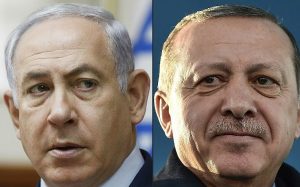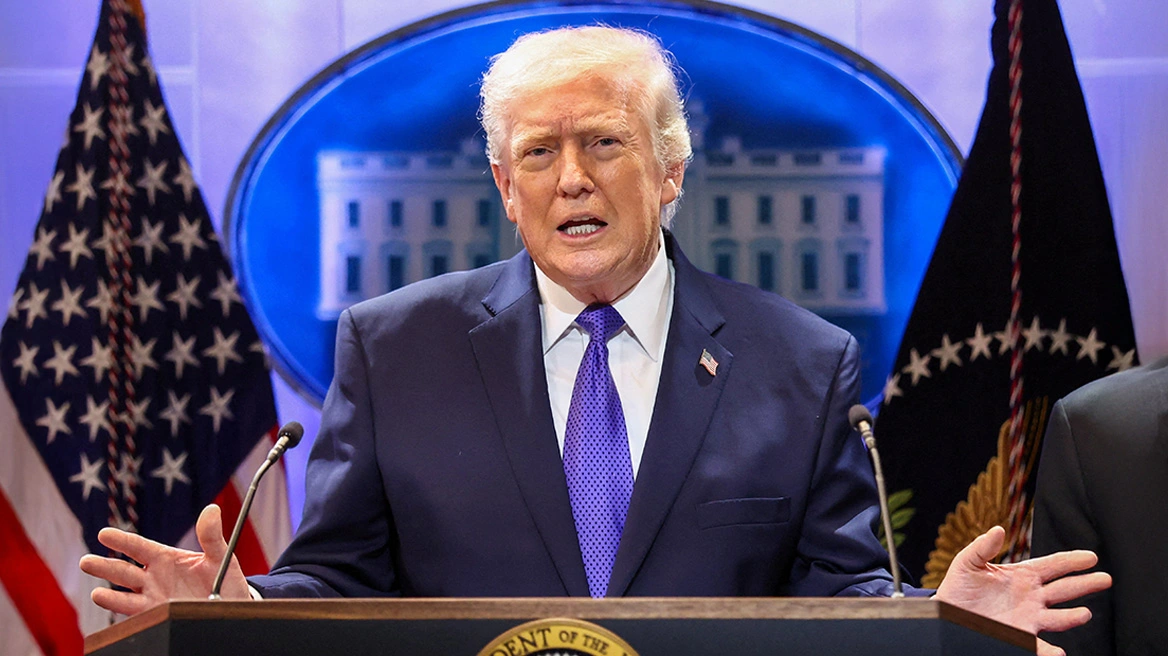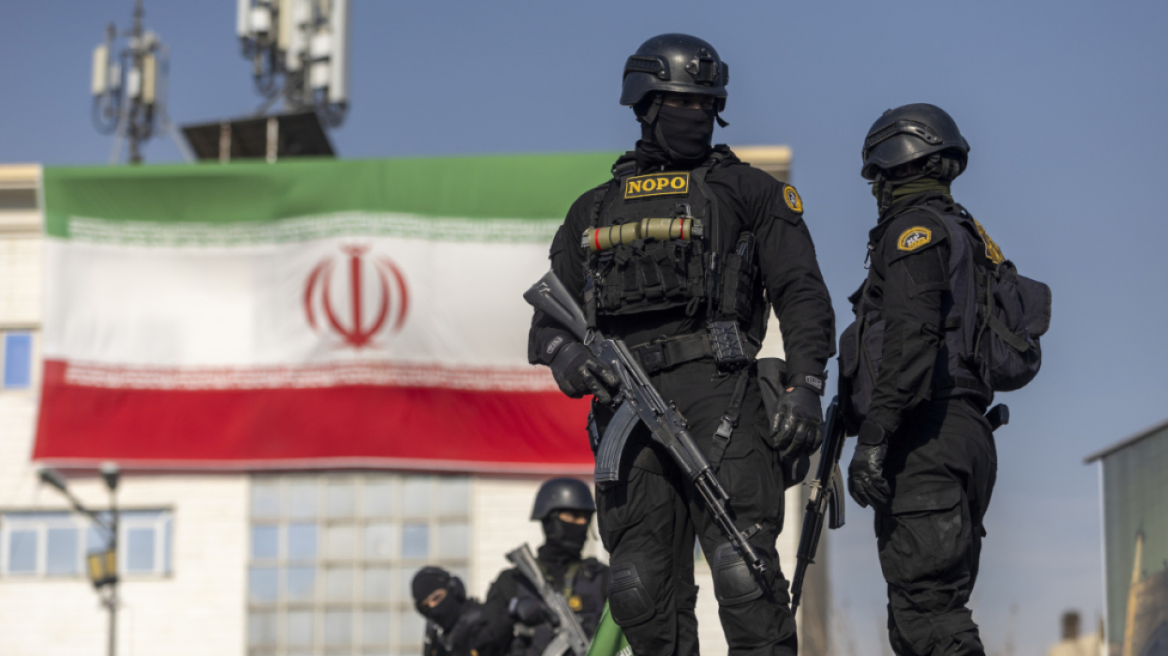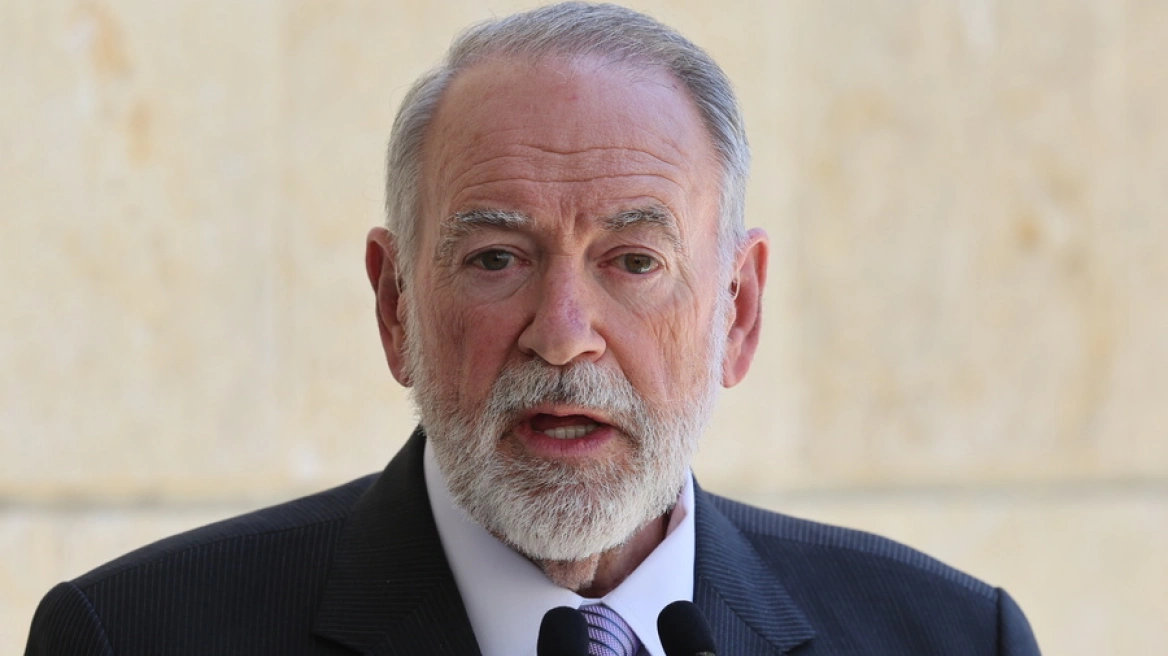Israel and Turkey are holding backchannel talks in a bid to restore the all-but-severed diplomatic relations between the two nations.
After the violent protests on the Gaza border in May in which over 60 Palestinians, most of them members of Hamas and other terror groups, were killed, Turkish leader Recep Tayyip Erdogan placed the blame for the deaths squarely on Israel, calling it a “terrorist state” that commits “genocide.” Turkey recalled its ambassador and expelled Israel’s ambassador, Eitan Na’eh, and consul in Istanbul.
Israel responded at the time by expelling Turkey’s consul-general in Jerusalem and summoning the country’s deputy ambassador in Tel Aviv for a dressing down.
According to a report Monday in the daily Yedioth Ahronoth, if the latest talks bear fruit, both governments expect to return their respective ambassadors after the Jewish holiday season, or roughly in early October, some five months after the spat — the latest in a series of diplomatic crisis spanning years.
Two private jets, one Israeli and one Turkish, left their respective countries for Abu Dhabi in the United Arab Emirates on Sunday morning, flying via Amman, the report said. The flights are believed to be connected to the ongoing talks, but neither government has confirmed their purpose.
Turkey already returned its economic attache to Israel in recent weeks.
While Ankara under the leadership of Islamist President Recep Tayyip Erdogan has positioned itself as a supporter of Hamas and other staunchly anti-Israel forces since coming to power in 2003, the two nations now find themselves sharing vital interests on several fronts, especially Syria.
As the Syrian civil war grinds to an end with the final regime offensive underway in Idlib, Sunni Turkey is fearful of Shiite Iran’s domination of its southern neighbor, a concern shared by Israel.
Observers have noted in recent weeks that Turkey, usually the first in line to lambaste Israel, has remained silent over purported Israeli airstrikes against Hezbollah and Iranian weapons shipments and military installations in Syria.
Turkey also faces an economic crisis and a collapsing currency amid a diplomatic falling out and trade dispute with the United States over Ankara’s detention of an American pastor in the country on espionage charges.
Even at the height of the latest diplomatic crisis in May, Israeli officials took pains to clarify that relations were not beyond repair.
“Turkey is an important state in the region, and even though its leader made very grave remarks against Israel’s leadership and its actions, I think we repaid him in a similar vein,” Deputy Foreign Minister Tzipi Hotovely said at the time. “We said that a dictator like him who spills blood and behaves in such a cruel manner cannot lecture us.”
Israeli officials responded to Erdogan’s accusations at the time in kind, with Prime Minister Benjamin Netanyahu saying Erdogan “well understands terrorism and slaughter” and should not preach to Israel about military ethics.
Source: timesofisrael
Ask me anything
Explore related questions





